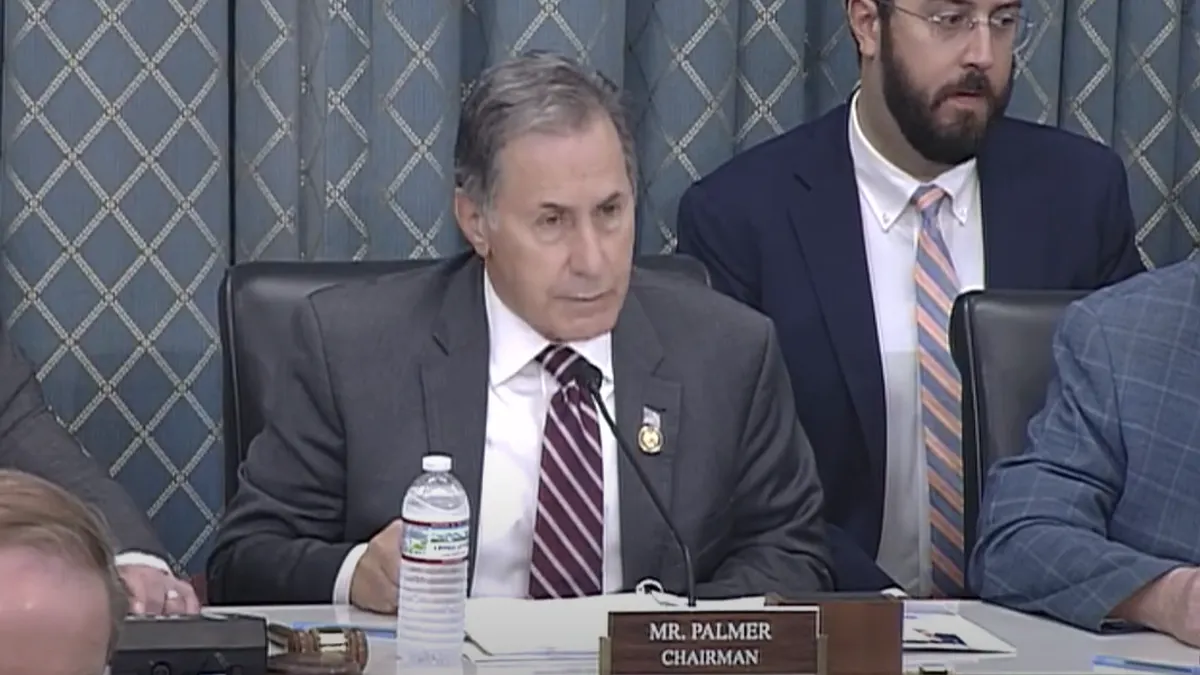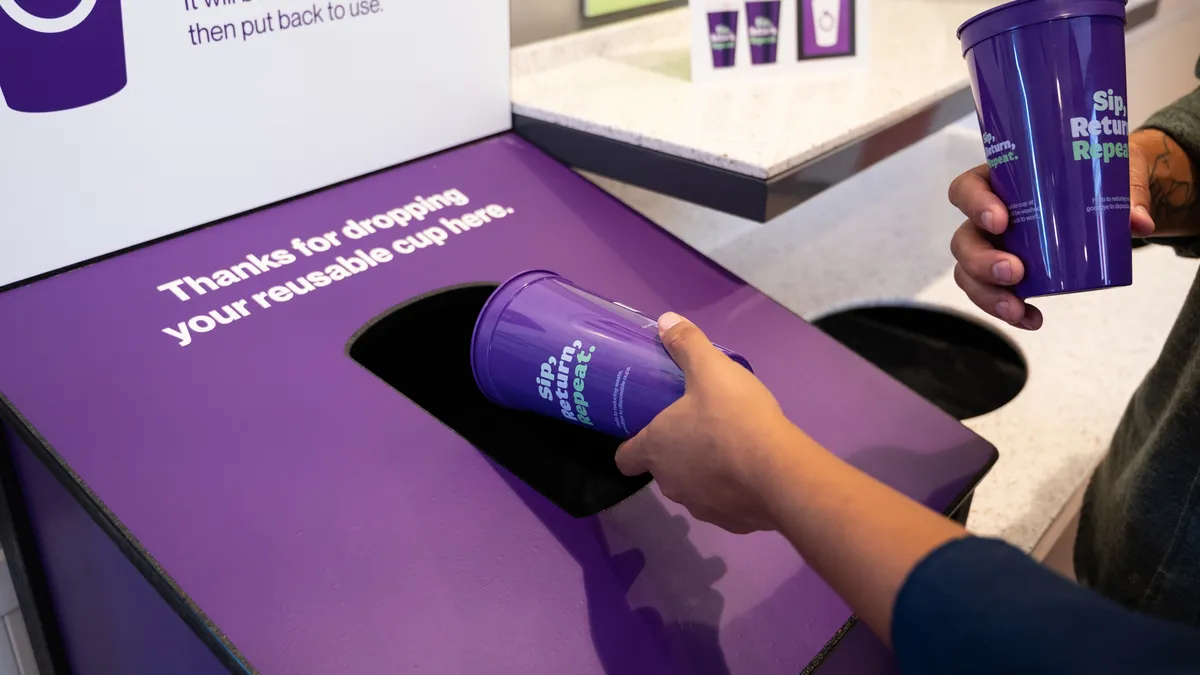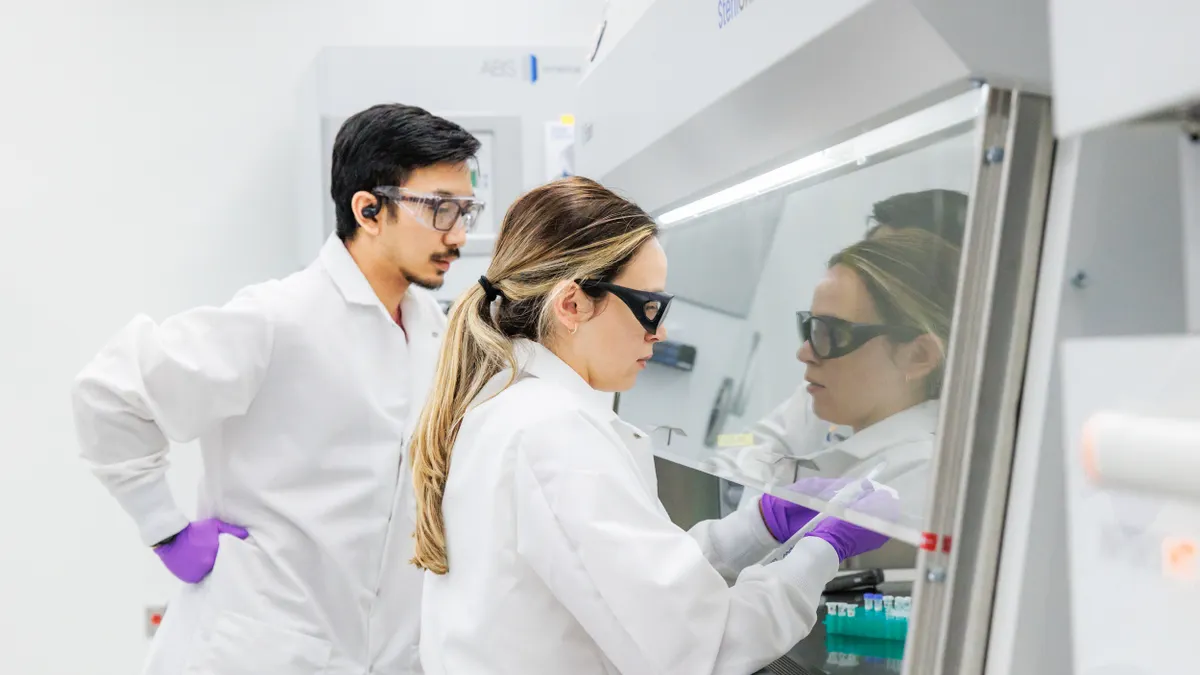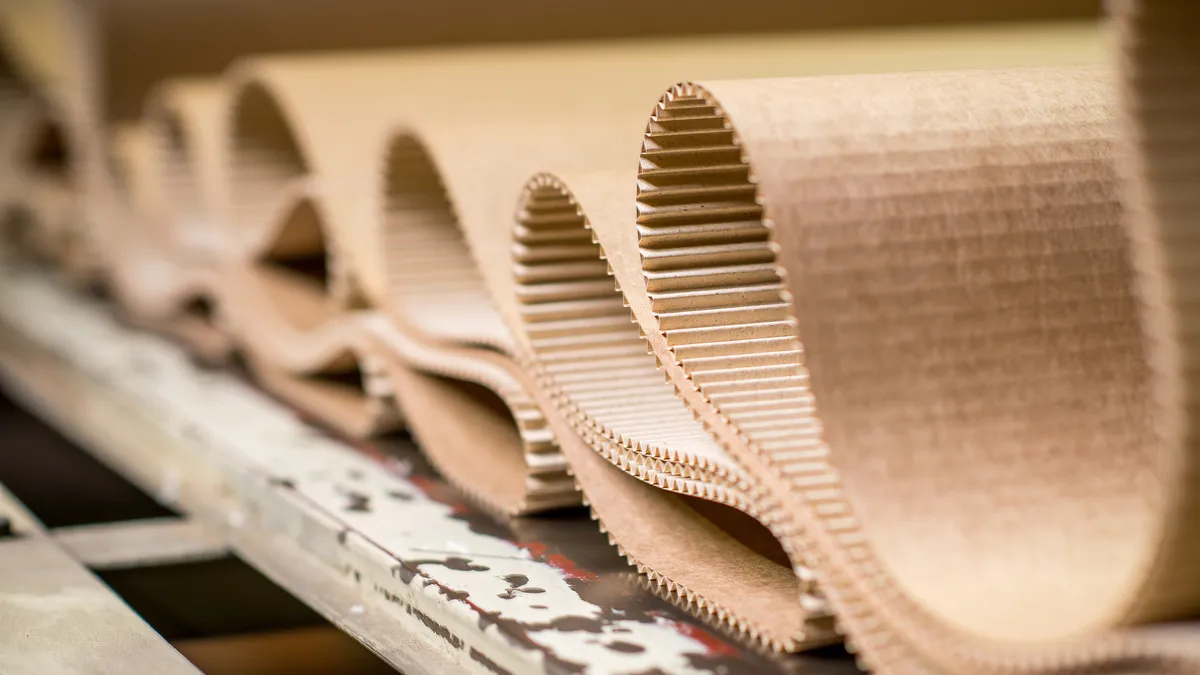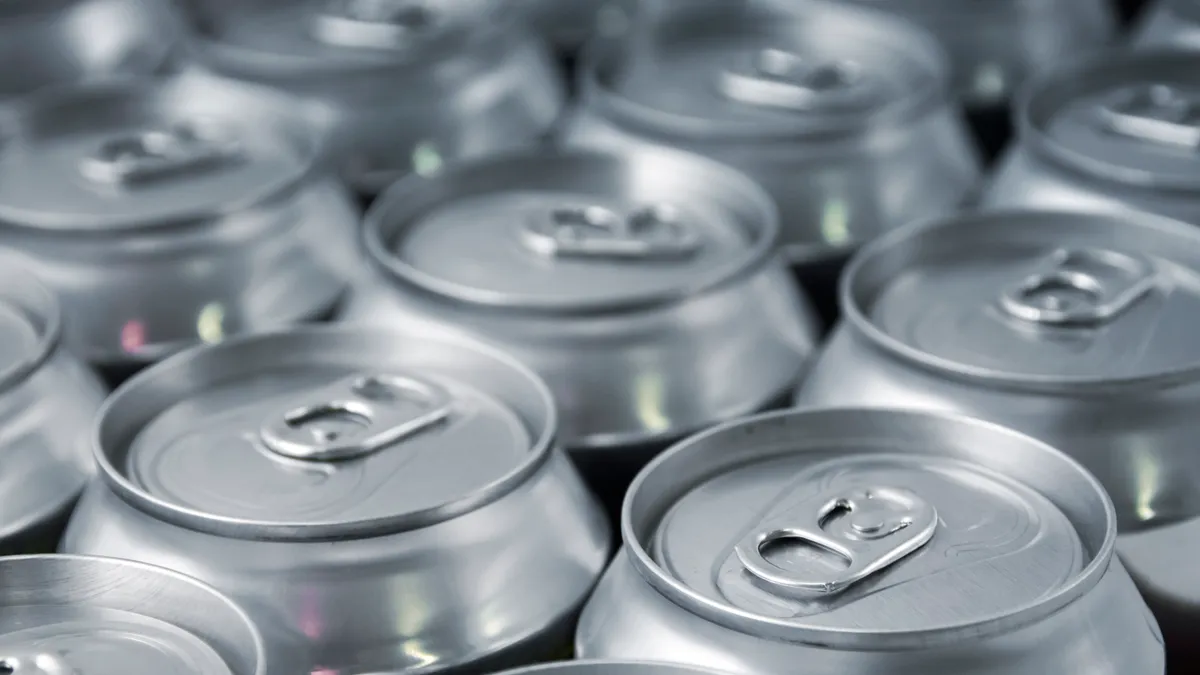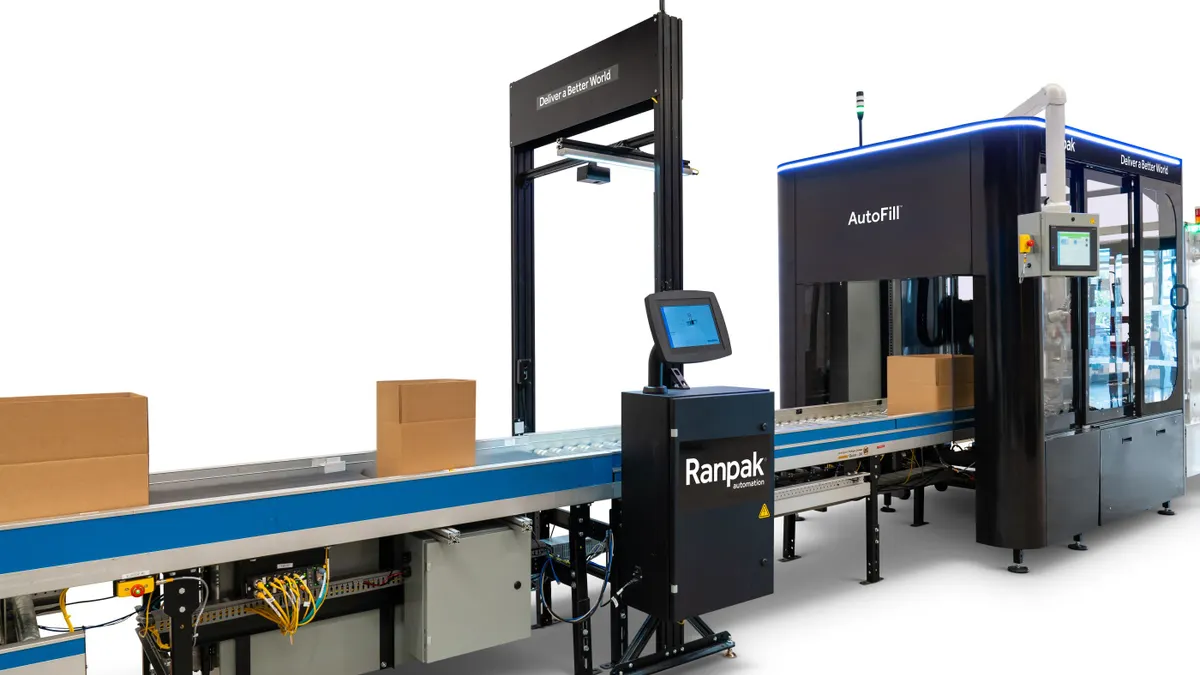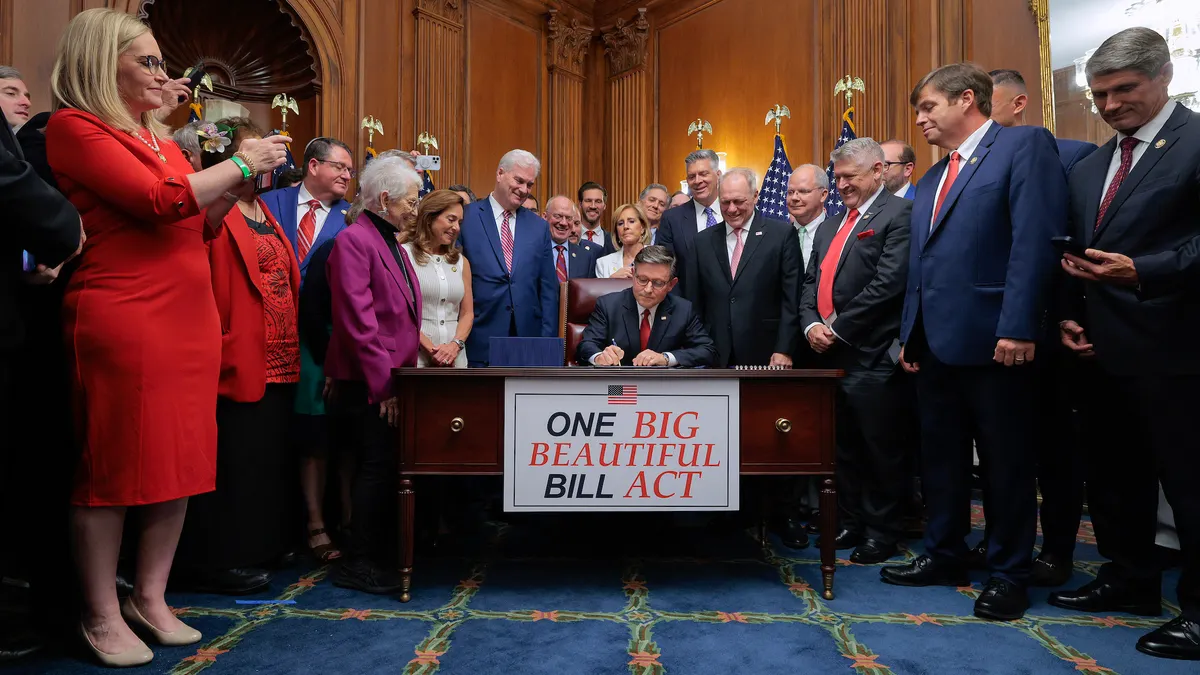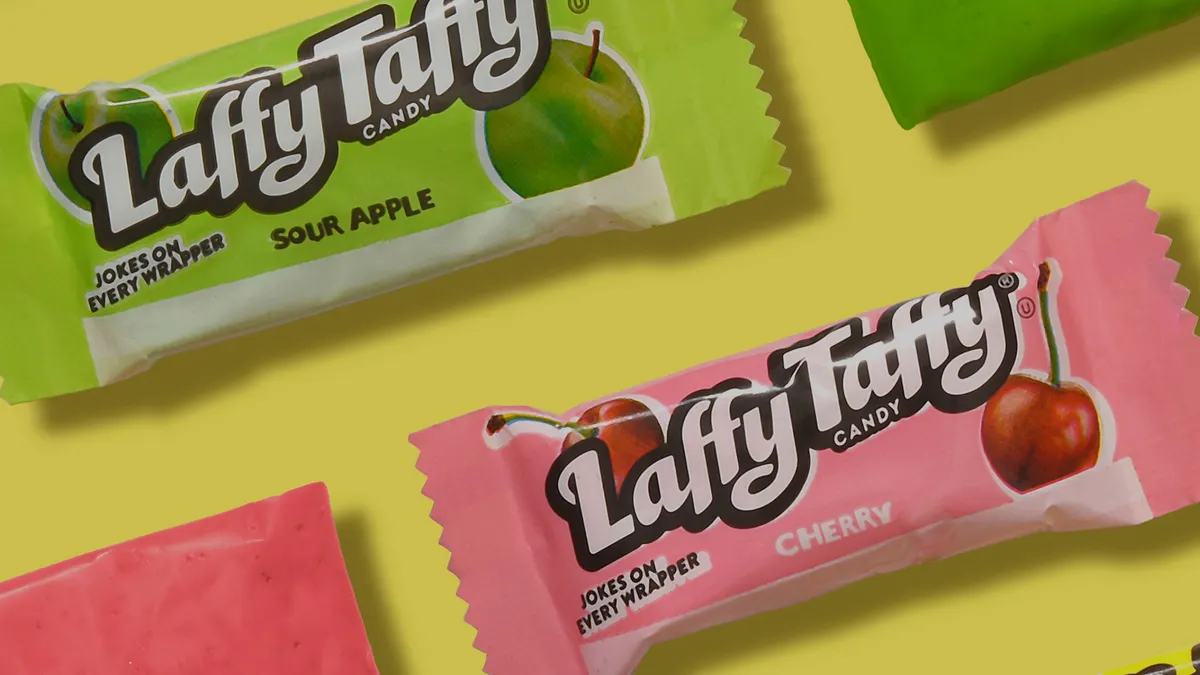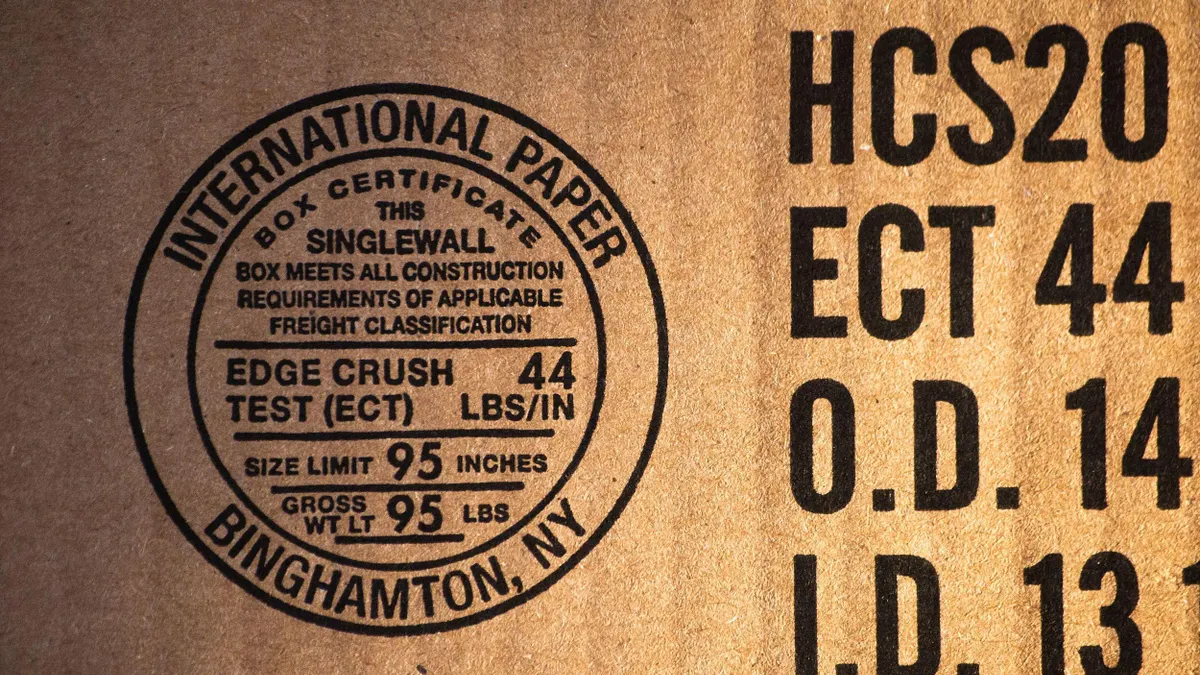Plastics industry groups and recycling organizations underscored the role of recycling as an economic driver during a congressional hearing on Wednesday.
During a meeting of the House Committee on Energy and Commerce’s environment subcommittee, lawmakers highlighted chemical recycling and e-scrap recycling as two sectors with the potential to ramp up domestic supply chains for critical materials and create jobs. Speakers also urged action on a range of federal legislation meant to make recycling easier or more accessible.
Subcommittee chair Rep. Gary Palmer, R-Ala., acknowledged the implications of the federal government’s role in supporting recycling. He noted that President Donald Trump has specifically called for policies meant to secure critical mineral and rare earth supply chains as a national security measure meant to decrease the country’s reliance on recycled goods from other countries.
“E-waste is so important for our future” for this reason, he said, adding that the rise of data centers and ever-growing use of technology generates a high volume of end-of-life electronics that can be recycled for critical minerals. “E-waste is a commodity that can be repurposed in our fight to not only be energy independent, but energy dominant,” he said.
Speakers also noted that plastics recycling will play a major role in the future of the country’s economy, but that plastic recycling innovations must also be balanced with investments in current recycling infrastructure.
Speakers from the American Chemistry Council, The Recycling Partnership and the Flexible Packaging Association weighed in during the hearing. Here are some key takeaways from the event.
Expanding chemical recycling as an economic driver
A major focus of the hearing was debate over the role of chemical recycling in advancing U.S. domestic supply chains and job creation.
Ross Eisenberg, president of ACC’s plastics division, noted that chemical recycling facilities have been expanding in the U.S. in recent years. He said this makes them an ideal industry to help create municipal and manufacturing jobs along the supply chain and create a positive ripple effect for local economies. These technologies, he said in his testimony, are a key to “increasing recycling rates and restoring consumer confidence in the industry.”
Dan Felton, president and CEO of the Flexible Packaging Association, voiced support for chemical recycling, particularly as a tool to increase the use of recycled content in some films and flexible packaging. That’s partly because certain packaging used for food and medical devices must meet stringent U.S. Food and Drug Administration quality standards that require recycled plastic to undergo additional washing and processing.
Getting an FDA approval for mechanically recycled content for packaging can be “arduous and slow,” Felton said in his remarks, while chemically recycled content “eliminates some of this lag because the technology returns plastics back into a monomer, eliminating concerns of chemical migration, odor, or color.”
Both ACC and FPA urged the committee to support legislation that would regulate chemical recycling as manufacturing instead of a waste management process. ACC has long said this reclassification would make the permitting and regulatory process more consistent across the country. ACC-backed laws in 25 states already do this. The U.S. EPA recently declined to consider a reclassificiation for pyrolysis, a type of chemical recycling, in recent air quality standards.
FPA supports the reclassification, Felton said, partly because states “continue to grapple with this issue inconsistently,” and some states have in the past sought to ban chemical recycling altogether.
Yet some Democrats on the subcommittee voiced concerns that reclassifying chemical recycling as a manufacturing process could potentially allow facilities to avoid stronger environmental protections under laws like the Clean Air Act.
Ranking member Rep. Paul Tonko, D-NY, called for balancing new technological investments with efforts to strengthen the country’s existing recycling infrastructure.
Chemical recycling technologies “are controversial technologies, and not without good reason," he said in his opening remarks. “While we should not foreclose consideration of any tools to address problems with our waste management system, we must ensure that these technologies actually displace virgin production and do not introduce environmental and public health risks at this stage.”
Tonko added that he has not “seen much evidence that these technologies are succeeding by these metrics, with much of their output being used as fuels rather than new recycled products.”
Eisenberg said it’s important for the chemical recycling industry to be transparent with its operations and goals, noting the facilities should meet “rigorous environmental safeguards.” ACC also supports “independent certification and strong regulatory oversight for advanced recycling processes, to ensure they deliver measurable environmental benefits,” he said.
When asked for her position on chemical recycling, The Recycling Partnership founder Keefe Harrison noted that any discussion on the technologies should have nuance and specificity, in part because chemical recycling is an umbrella of numerous types of technologies that might have different supply chains or various impacts to the environment or local economies. She emphasized that using such technologies solely for fuel production is not considered recycling.
Federal bills could help drive progress
Speakers also called for Congress to advance key legislation meant to improve recycling systems in the U.S.
Harrison, Eisenberg and Felton all voiced their support for the Recycling Infrastructure and Accessibility Act, which aims to improve recycling infrastructure in communities with limited or no access. That bill is also part of the Steward Act, which pairs RIAA with another bipartisan bill, the Recycling and Composting Accountability Act, that calls for collecting more data on U.S. recycling infrastructure and market trends.
These bills were introduced in 2022 and 2023 but have not yet passed despite bipartisan support and support from numerous packaging and recycling groups.
Tonko noted that recycling innovation is an important strategy to improve recycling systems, but lack of recycling access hampers such innovation.
“Our recycling system needs some very basic foundational improvements before we can even begin to suggest that new technologies will save us,” he said. “There are glaring needs for better data accessibility, labeling and education to enable people to feel confident when they use the blue bin correctly.”
Rep. Randy Weber, R-Texas, said he will soon introduce the Packaging Claims and Knowledge Act, a bill meant to set certain federal standards for compostability and recyclability claims on packaging labels. Ameripen helped draft the legislation.
Harrison also called for support for the soon-to-be-introduced Cultivating Investment in Recycling and Circular Local Economies Act, a bill meant to establish a recycling and infrastructure investment tax credit.
“It would reward domestic investment that could create jobs in every state, every district in this nation,” she said.



